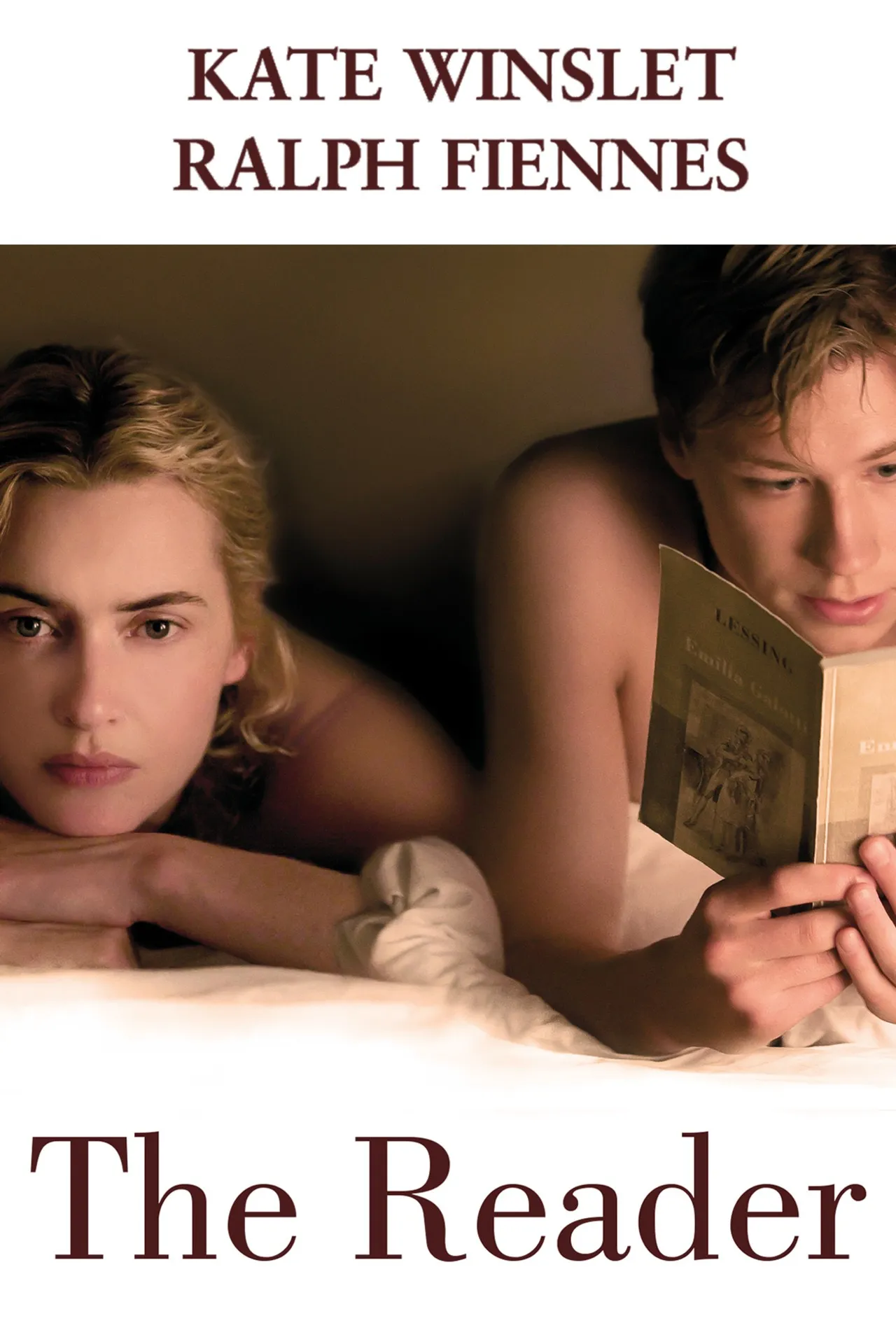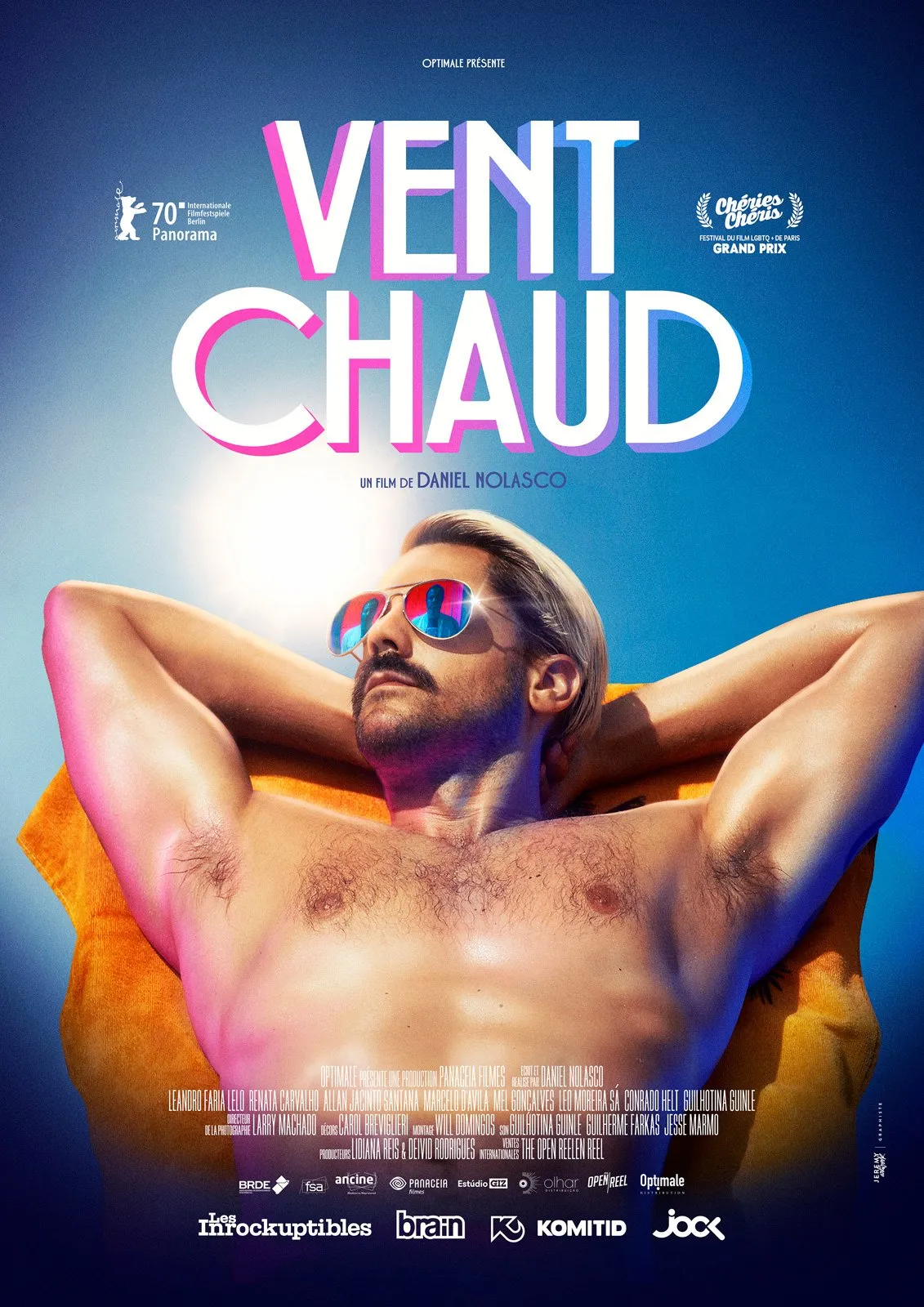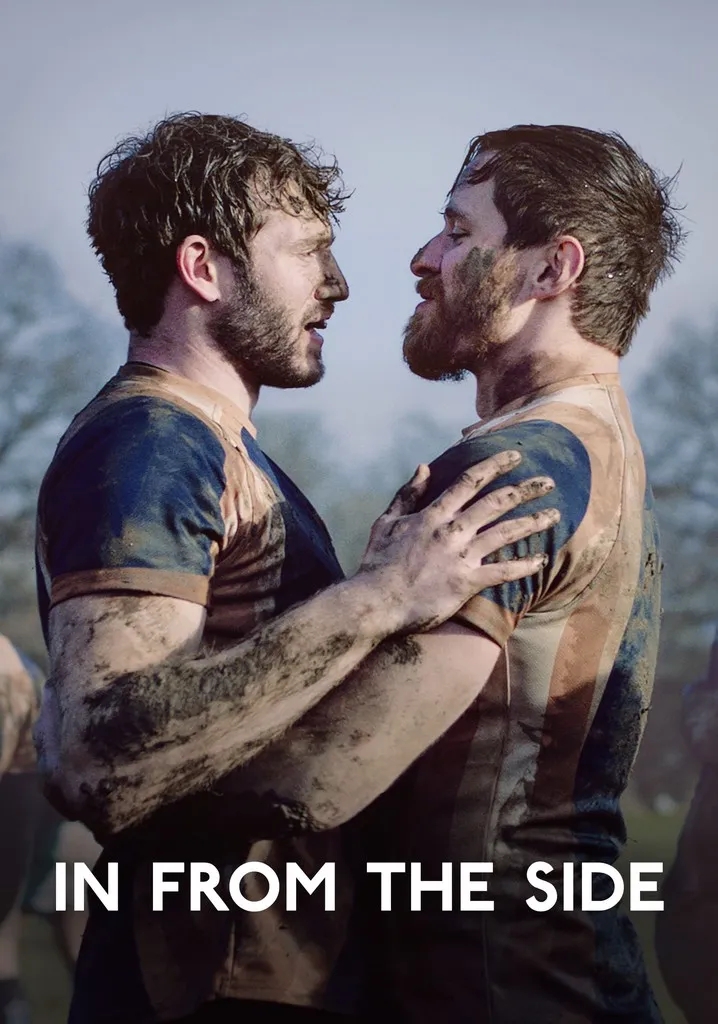The Male Gaze: A Better Tomorrow (2023), directed by Jonathan Anzo, Stefan Langthaler, and Dongni Lanca Li, is a documentary that critically examines the ways in which traditional masculine ideals are portrayed in media, and the impact these portrayals have on society's expectations of men. The film explores the concept of the "male gaze"—the dominant perspective in film and culture that often objectifies women—and turns the lens inward to examine how men have been similarly shaped and constrained by societal standards of masculinity.

The documentary features a variety of male voices, from filmmakers to sociologists and activists, who discuss how the portrayal of men in movies, advertisements, and other media has influenced both the individual and collective understanding of what it means to be a man. By delving into both the empowering and restrictive aspects of these portrayals, the film highlights how men are often subjected to unrealistic expectations that can affect their mental health, relationships, and personal identities.

Through interviews and case studies, A Better Tomorrow analyzes the evolution of the male image in popular culture, from the stereotypical "tough guy" to more nuanced, vulnerable portrayals of men in modern cinema. The filmmakers examine how men have started to challenge these traditional roles, breaking away from the confines of aggression and stoicism to embrace emotions, empathy, and diverse forms of masculinity.

The documentary also focuses on the changing role of men in society, addressing how modern men are grappling with the need to balance traditional expectations of strength and power with the growing acceptance of emotional depth, sensitivity, and self-care. It reflects on the ways in which social media and contemporary culture have influenced men's perceptions of themselves and others.

Ultimately, The Male Gaze: A Better Tomorrow encourages viewers to rethink the ways in which masculinity is portrayed in media and society. The film advocates for a more inclusive and varied representation of men, one that acknowledges the complexity of male experiences and fosters a healthier, more progressive future for both men and women.


-1740533688-q80.webp)
